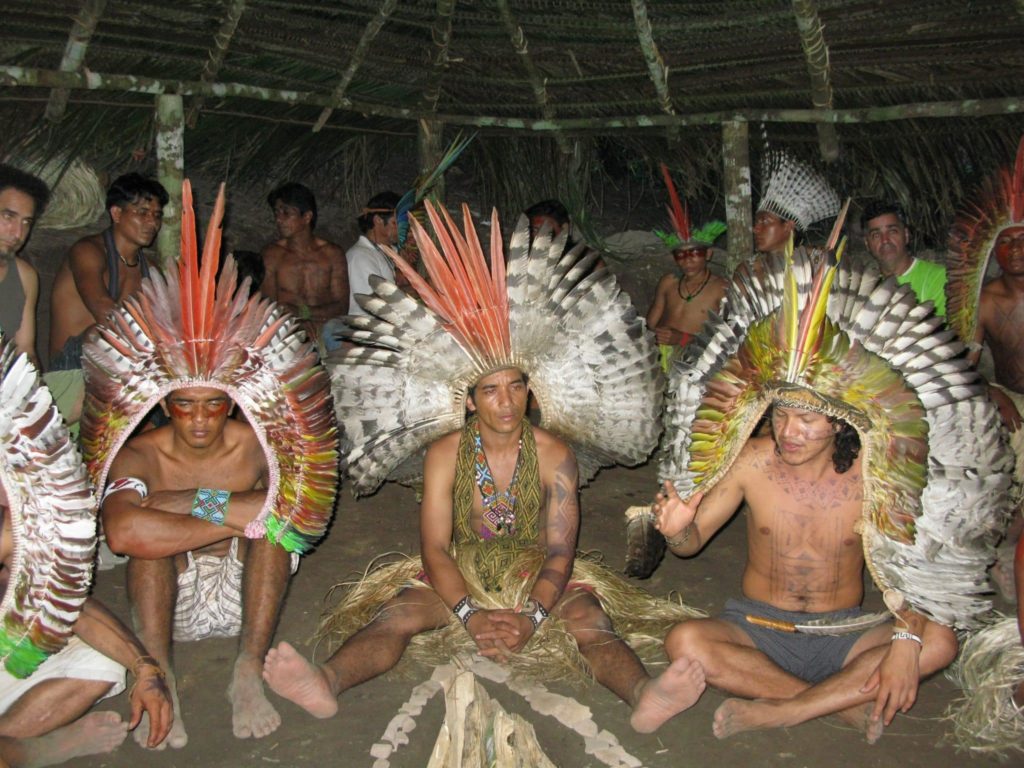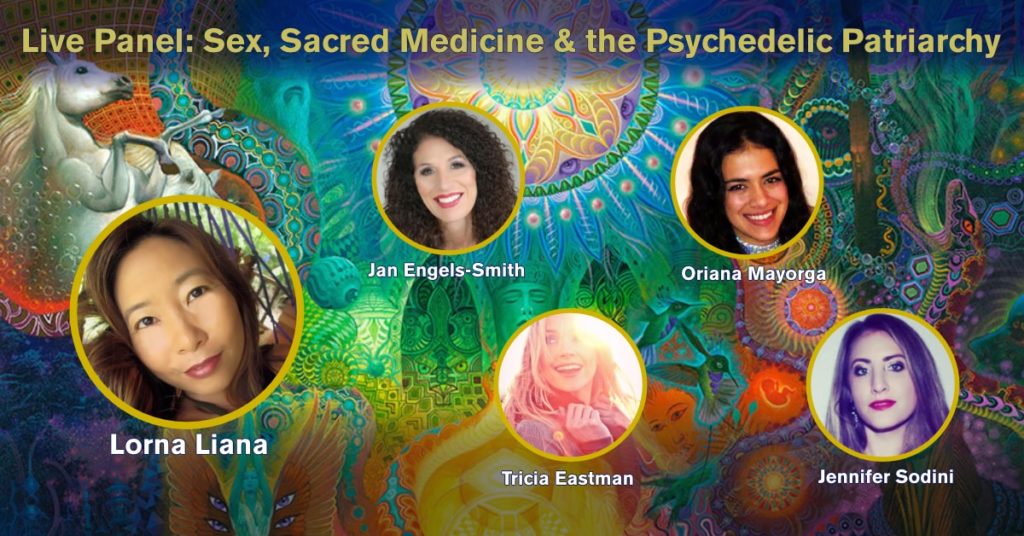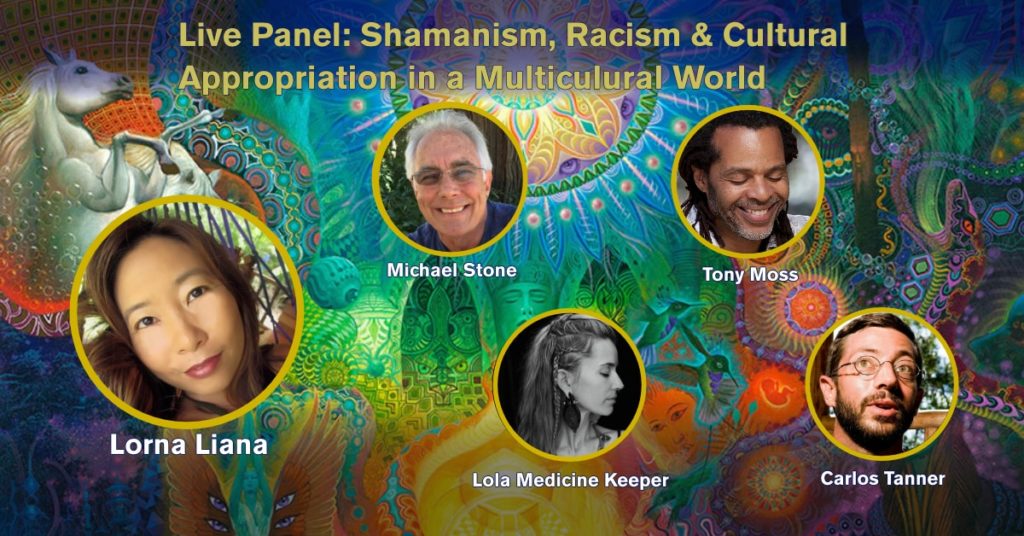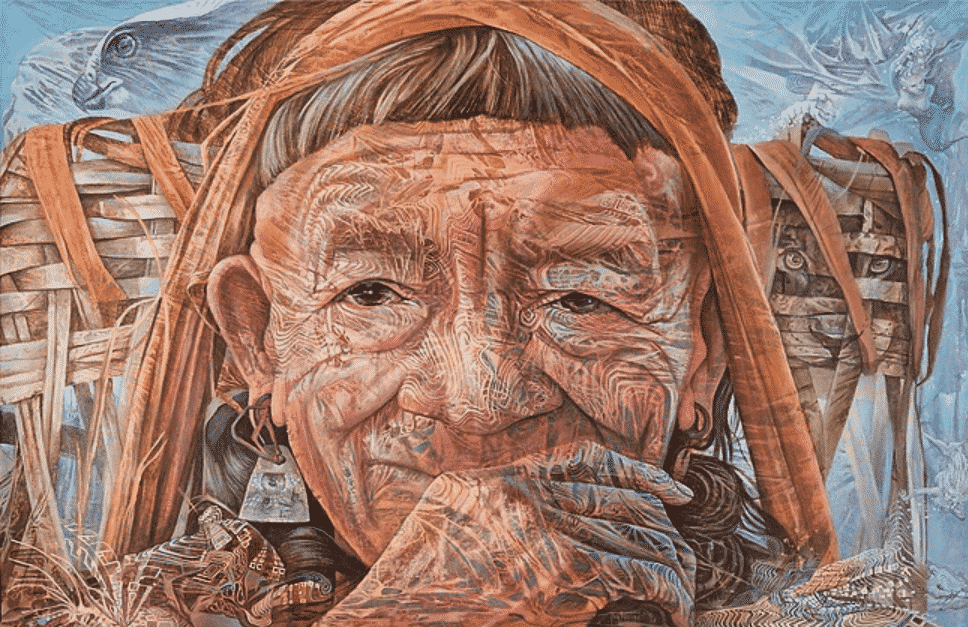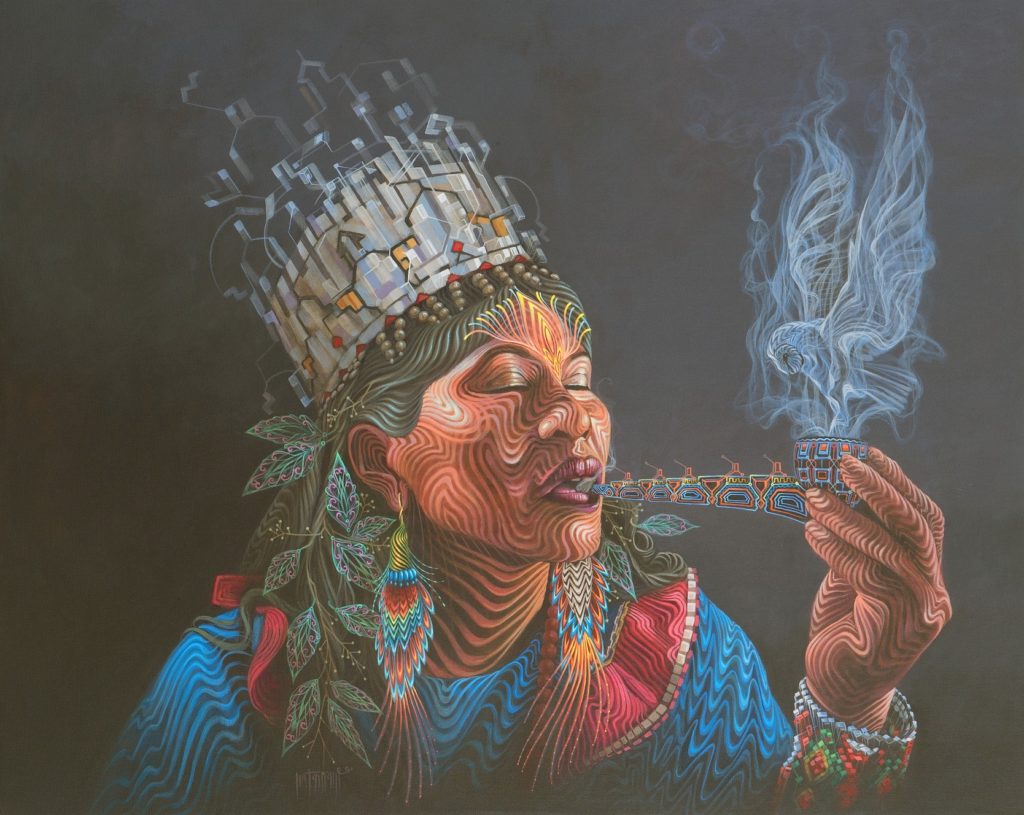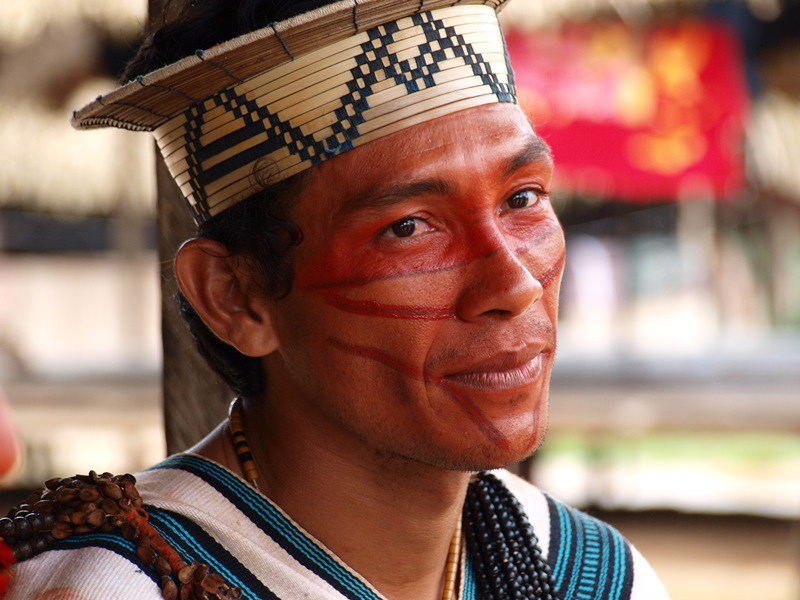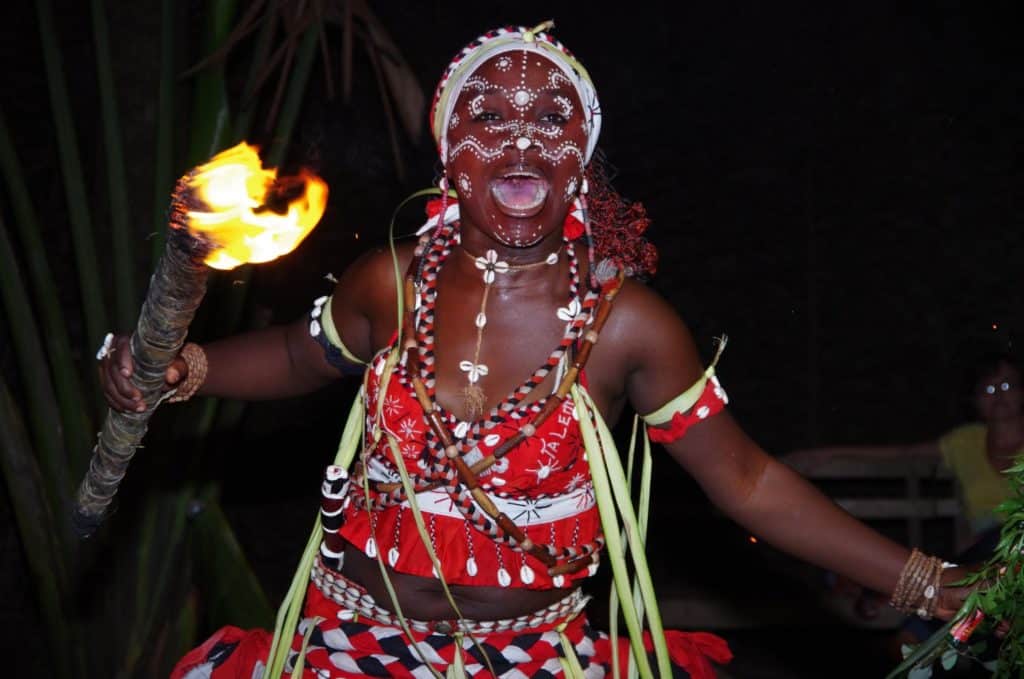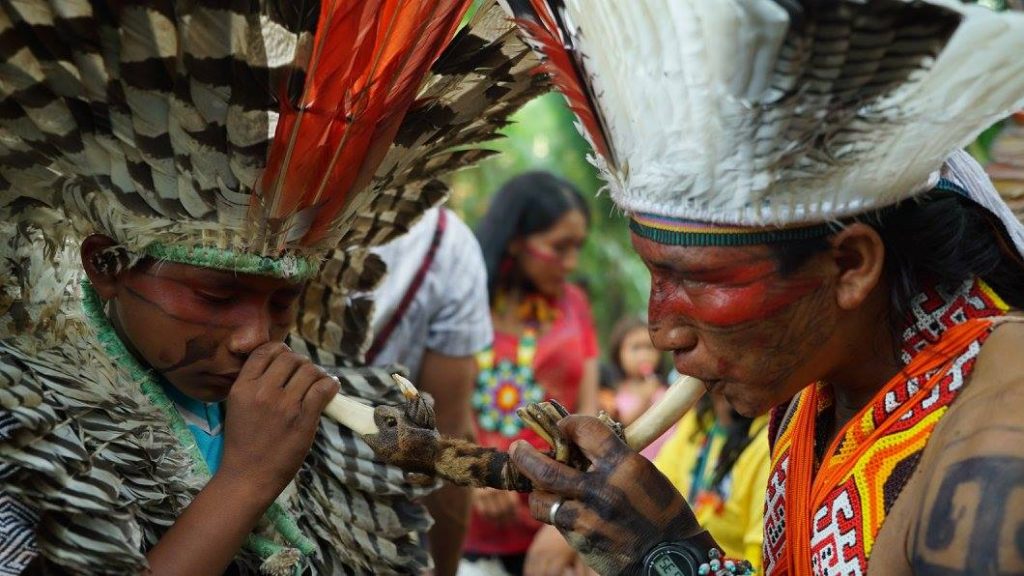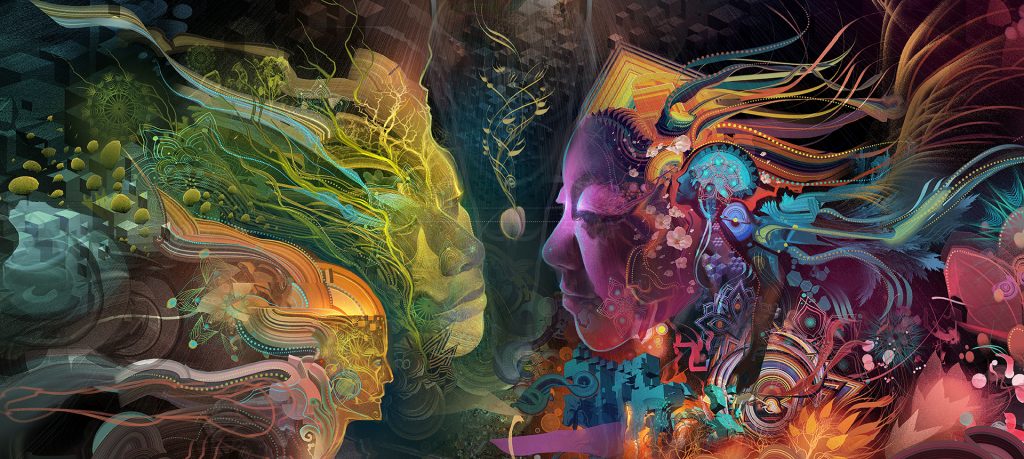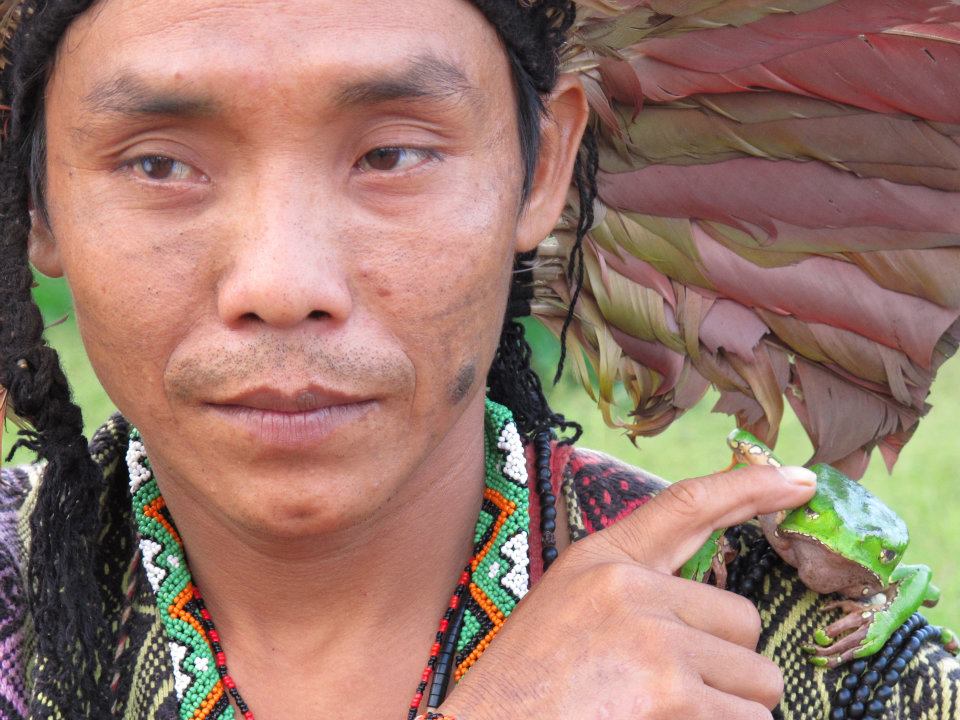Indigenous Culture
Indigenous peoples are any ethnic group of peoples who are considered to fall under one of the internationally recognized definitions of indigenous peoples, such as “those ethnic groups that were indigenous to a territory prior to being incorporated into a national state, and who are politically and culturally separate from the majority ethnic identity of the state that they are a part of.” Some people refer to the indigenous as ‘first nation peoples,’ or ‘original peoples.’ They were the first to walk on any given earthly land before it was colonized by other nations/peoples.
Indigenous peoples all have their own unique culture that they live by, with inherent morals, principles, beliefs, customs, traditions, philosophies and practices. For the most part, what unites indigenous cultures in commonality is that they are earth-centered and animistic – believing that everything in existence holds consciousness. Some of these cultures feature practices surrounding the use of psychotropic plants, believing that such practices are a way of gaining direct access to this animistic consciousness that is considered to be wise and divine. It is these practices that brought a global upsurge in interest in the cultures of the world’s indigenous peoples.
Ayahuasca Governance & The One Thing We Need to Do To Improve Society
With the global expansion of ayahuasca, it is still considered to be an illegal drug in many countries – some communities are in danger of prosecution; would it be possible for ayahuasca to be recognized as a global cultural heritage under UN? Would this be a good thing, and how might we be able to arrive at…
Read MoreSex, Sacred Medicine & the Psychedelic Patriarchy
Sexual assault and misconduct among shamans has long plagued the plant medicine shamanism community, resulting in prolonged physical and emotional trauma for ceremony participants, rather than healing. But is it “wrong” for a shaman to sleep with a ceremony participant? When do accepted cultural behaviors transgress into sexual addiction and predation? And is it all…
Read MoreShamanism, Racism & Cultural Appropriation in a Multicultural World
The worldwide expansion of sacred plant medicine ceremonies beyond their cultural boundaries has been coined a “global shamanic revival”. Increasing the numbers of Westerners traveling to the Amazon, Central America, and Africa to participate in tribal ceremonies, initiations, and festivals. This heightened interest in indigenous culture has fueled an indigenous cultural renaissance in the Amazon…
Read MoreWhat Ayahuasca Means to the Ashaninka
Ayahuasca is an Amazonian brew of two plants Banisteriopsis Caapi and Psychotria Viridis and has been around for more than a thousand years. A drink that has gained the global interest especially since the mid-2000s, peaking in April of 2016. Westerners have different intentions as to why they seek ayahuasca. Others maybe thrill seekers or just curious backpackers,…
Read MoreThe Challenges of Becoming a Woman Pajé (Shaman)
The indigenous community has long been a male-dominated society. With the title of pajé or shamans only for the males, and the housework and child-bearing for the females. But unlike the world we live in, where we can now vote for the next president and be elected president without much complain from our male counterparts. For…
Read MoreBenki Piyako, Ashaninka Environmentalist, Faces 8 Years In Prison
Benki Piyãko, Ashaninka indigenous leader, 2006 Ashoka Fellow, 2013 Human Rights Award recipient, 2017 UNDP Equator Prize recipient, could be criminally condemned for reporting threats to his person, and faces up to 8 years in jail. After facing conflicts in the city of Marechal Thaumaturgo, Acre, during April 2015, Benki Piyãko, Ashaninka leader from the…
Read MoreIboga Medicine – Psychedelic Healing the Bwiti Way
Iboga is one of the most psychedelic plant medicines in the world, and can can refer to many plants in the Apocynaceae family of perennial rainforest shrubs with psychoactive properties, including Tabernanthe iboga, Tabernanthe manii, and Voacanga africana. Iboga stimulates the central nervous system when taken in small doses and induces visions in larger doses.…
Read MoreDoes Shamanic Snuff Cause Cancer?
Hapé – pronounced ha-PAY (and also known as rapé, rapeh, or hapeh) – is a sacred shamanic snuff you blow up your nose. It has been used ritualistically by tribes in the Amazon basin for thousands of years for healing, social and spiritual purposes. Hapé is made of powdered medicinal plants, often with a tobacco base,…
Read MoreShould You Drink Ayahuasca Alone?
Ayahuasca is one of the strongest, wildly potent psychotropic substances in the multiverse. She can catapult any brave soul who gobbles down her tea into a tirade of terror so intensely convincing, death can feel like a blessing. There are a bazillion tales of massive breakdowns caused by Ayahuasca on the web, and yet many…
Read MoreKambô Frog Medicine: An Unconventional Path to Healing
Ouch! I practically jump out of my skin as the medicine woman burns me with a stick. She does this twice more. She then spits on a piece of bamboo, vigorously scrubbing it with a small knife. As she scrapes, small globules that resemble boogers start to form. She then applies the blobs to my…
Read More
